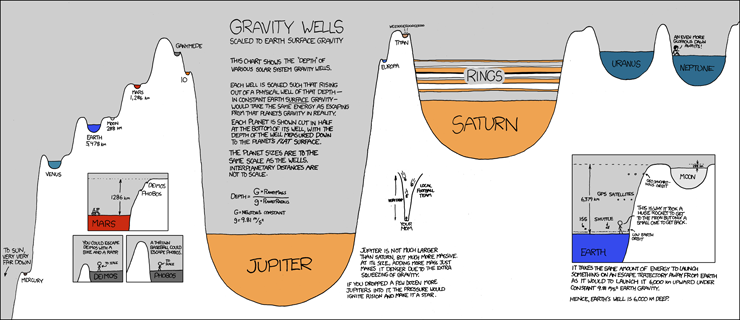This comment on a
talk at TED by Bill Gates made me envious, and also made me think about the problems people have with maths:
"It is very interested to watch this speech.it is more energitic to me.The following speech is full of sciencesand more useful to us.so i got more interesting facts through this hands off to him."
I would love to be able to write like that. Maths I can do badly, and it's great. For many people the idea of doing maths badly is so inhibiting that any mathematical thought becomes impossible, whereas I can muddle through confident that I'll reach a worthwhile conclusion even if the path I take is inelegant. Many people struggle with maths, and I think I know what that's like because I have a similar problem with language. Most people can 'just talk' - they can muddle through language - but not me.
You will probably never hear something like "hands off to him" from me - I'm just too uptight. I have trouble saying a word out loud if I'm not sure how it's spelt and would feel extremely uncomfortable using idiom I didn't understand. Small talk makes me feel stupid - I can't 'just say' things. Foreign languages humiliate me, and that's not right, surely. Foreign languages should be liberating for the speaker because no one has any right to expect fluency. Being overly concerned about getting it right doesn't improve my communication, it makes it stilted and ultimately makes me mute.
Fortunately for me, language is something one just has to get on with - there's no way of opting out. Maths is different because it is possible to go through life without solving an equation. But there is something very tragic about a life without mathematics. When I hear people proclaiming proudly that they 'Have never needed to know the cosine of anything' I think, 'How can that be? What have you been doing with yourself? Don't you know what you've been missing? What a waste!'
It's only language that has an inhibiting effect on me. Everything else I do with abandon: I have no fear of failure and little fear of how I will look when I fail. It means I fail often and frequently look like a twat, neither of which do me any favours, but it's worth it to be able to think things that no one has thought before. The success I do enjoy comes from this freedom to fail. I know that if I make a mathematical mistake equivalent to 'hands off to him' I'll discover it soon enough and it will make me smile rather than cringe.
We all know that there are times and places to be extremely precise or beautiful with language but most of the time the pressure is off. It's like that with mathematics too. Just as we don't always have to write like a lawyer or a poet we don't always have to calculate like mathematician or a physicist. People generally understand that there is a multitude of different ways that literacy can enhance our lives and empower us to make sense of the world. The same is true of numeracy, if only we can be a bit relaxed about it.
Nevertheless, envious as I am, if you are going to add a comment to video, as a courtesy to your readers it's polite to have a more substantial point to make than 'hands off to him'.
(For a similar, but far more articulate point about science rather than maths, see:
http://bit.ly/ctnCE0)
arrived from the publishers today.









